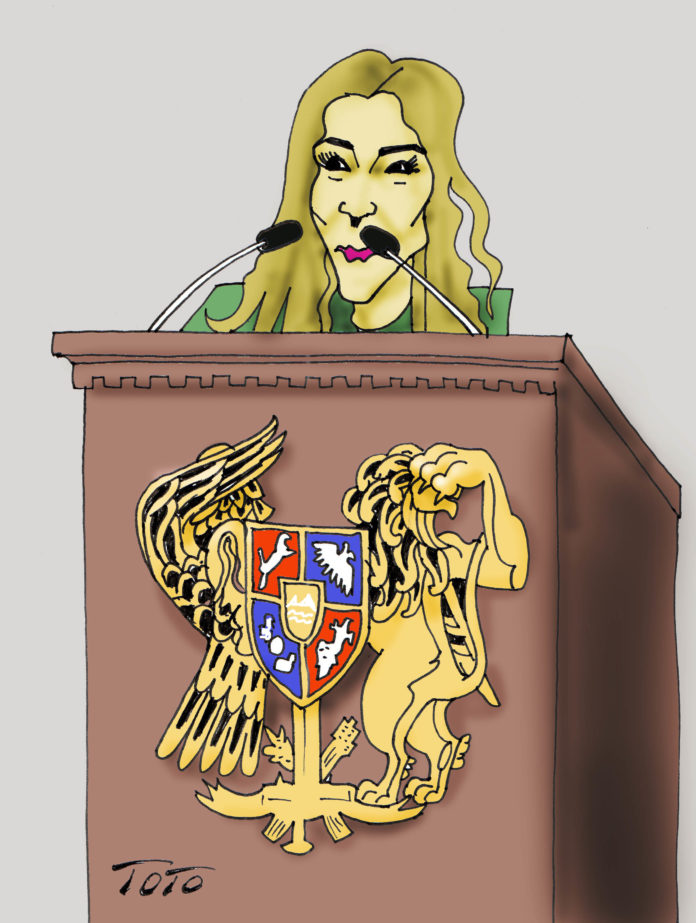The acceptance of different sexual orientations and gender identities is being discussed and debated all around the world, and particularly, in the Western world. Now, these issues have exploded on the scene in Armenia. What is happening in Armenia cannot be characterized in any way other than an explosion.
Admittedly, any reference to gender and sexuality is a minefield. The LGBT community in the West in the past few decades has gradually aimed for greater acceptance and openness. The issue has become even an asset for some as many have placed gay rights as part of the greater human rights agenda.
It is not only Armenia that is dealing with these complicated issues of gender and identity. Even the West is still grappling with these issues as well as modern feminism. Just recently, Prof. Harvey Mansfield of Harvard University was disinvited from being the commencement speaker of Concordia University in Montreal, after some of his more incendiary comments about women, specifically their narrower skillset because of biology, came to light.
Variations on sexual preferences or identity are natural phenomena which have long been stigmatized around the world and continue to be treated as such in many societies which treat gay individuals as evil or abhorrent, suffering from a form of psychosis. However, in a field such as the arts, the proportion of homosexuals is high. Biased attitudes continue against them, even in Western societies, where LGBT members have gained solid support.
One of the most famous songs of Charles Aznavour is What Makes A Man (Comme Ils Disent), in which he adopts the viewpoint of a lonely gay man. And the recent Academy Award-winning movie “Bohemian Rhapsody,” dealt with the lyrical aspect of that human condition.
Now, a group that has long been in the shadows, transgenders, are becoming more visible and are putting the issue on the map politically. These are people who are simply not comfortable in the gender they were born in and want to be identified as the opposite gender, sometimes after surgery but not always. This group suffers from a high rate of attempted suicides as many in society are quick to ridicule or even attack them. One famous example is Caitlyn Jenner, the former Olympic athlete Bruce Jenner. As the erstwhile stepfather of Kim Kardashian, Jenner gained a lot of fame and her transition on a reality TV show made the issue even more ordinary.










